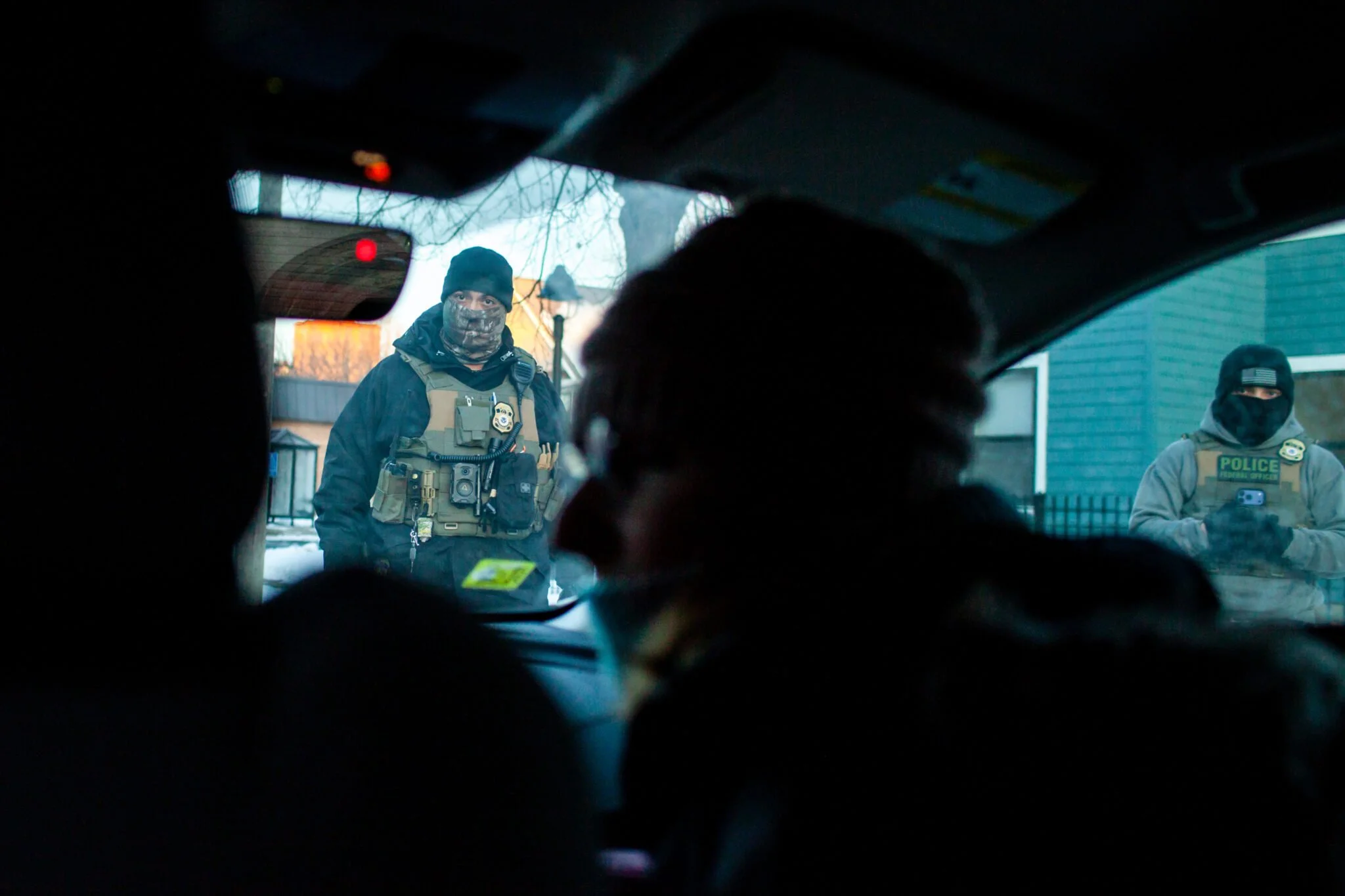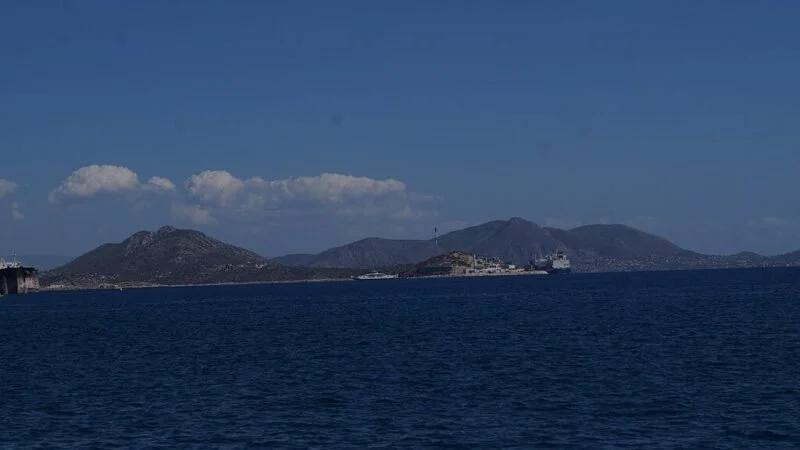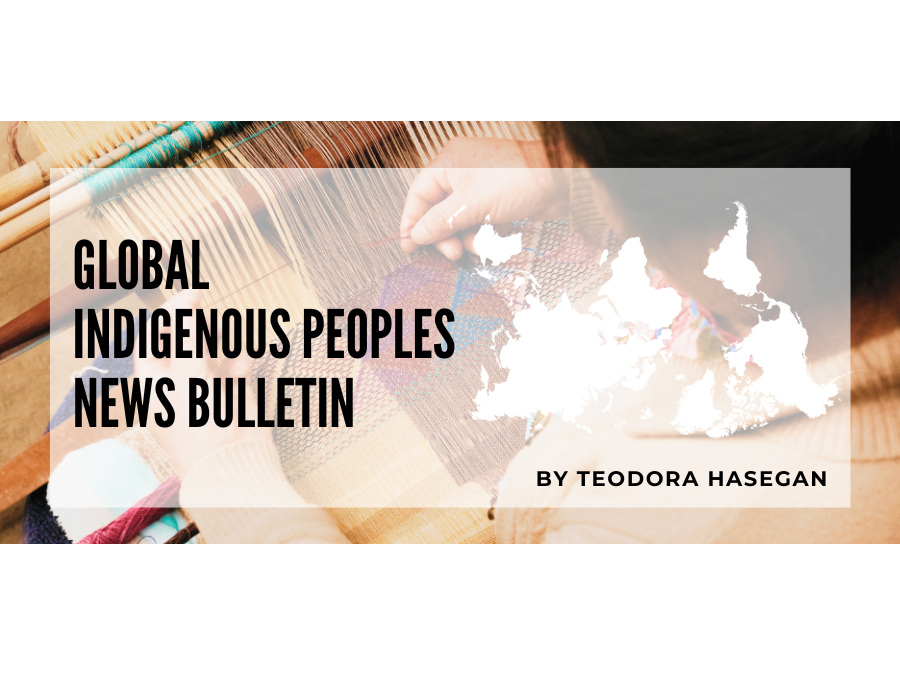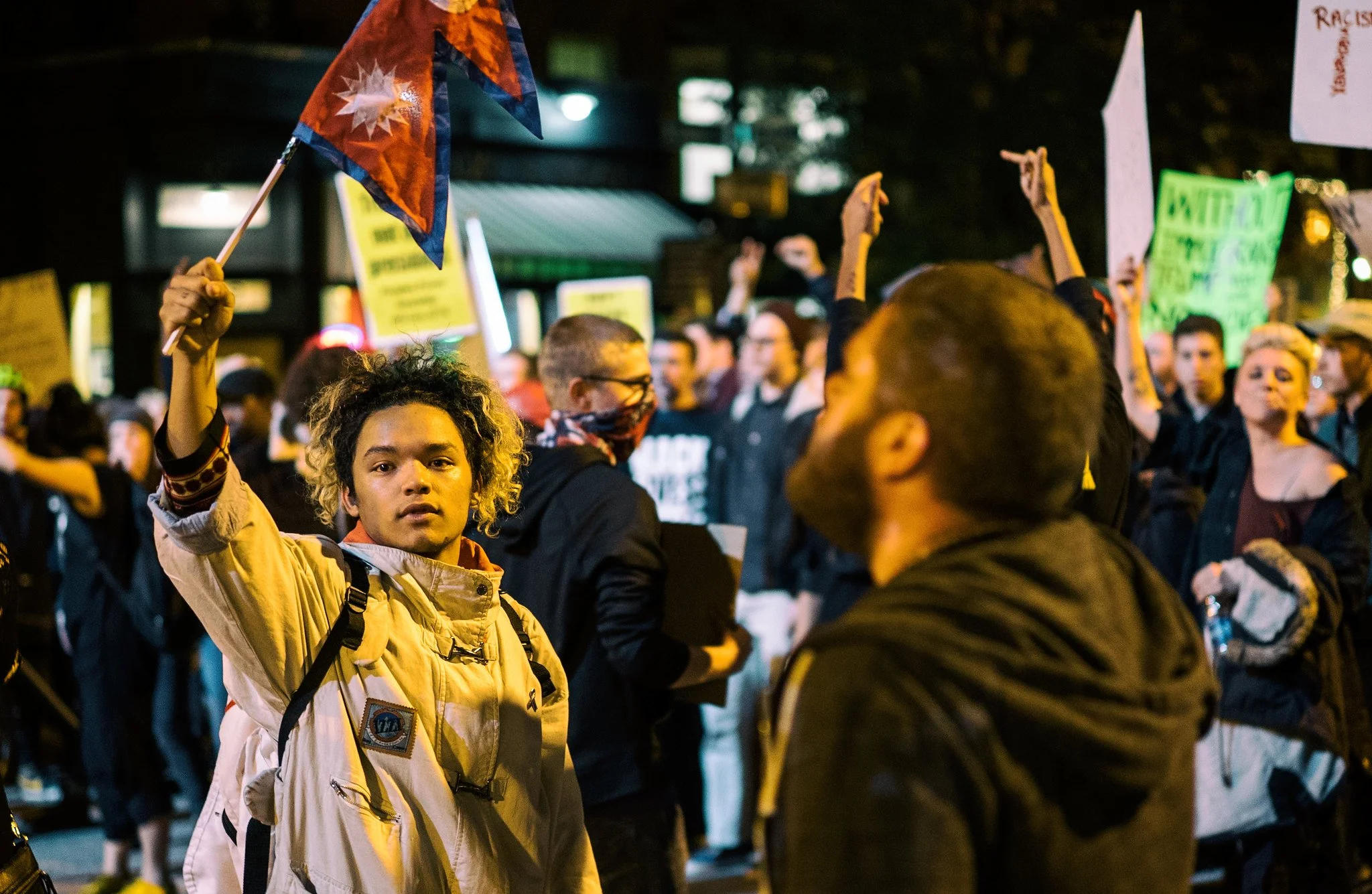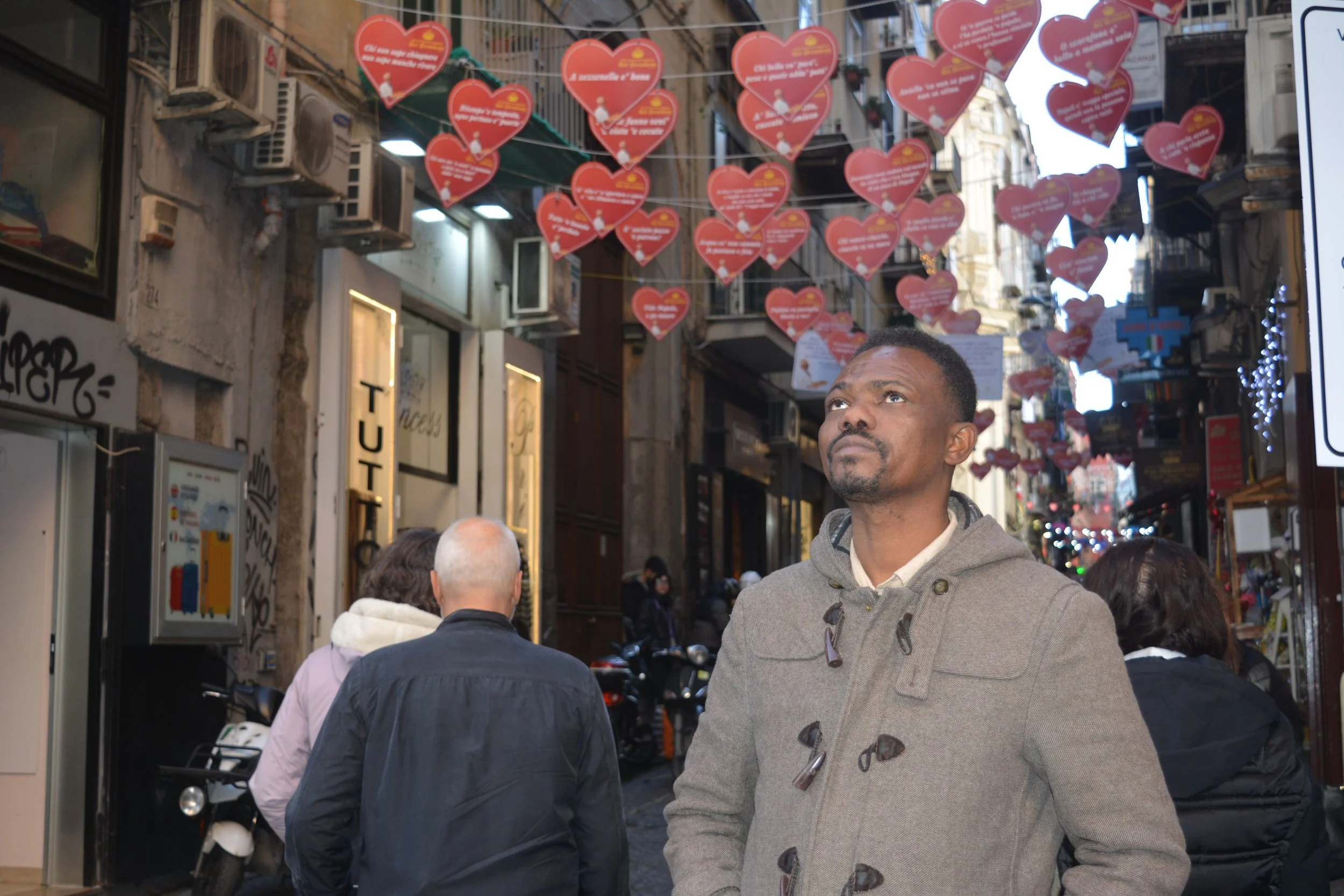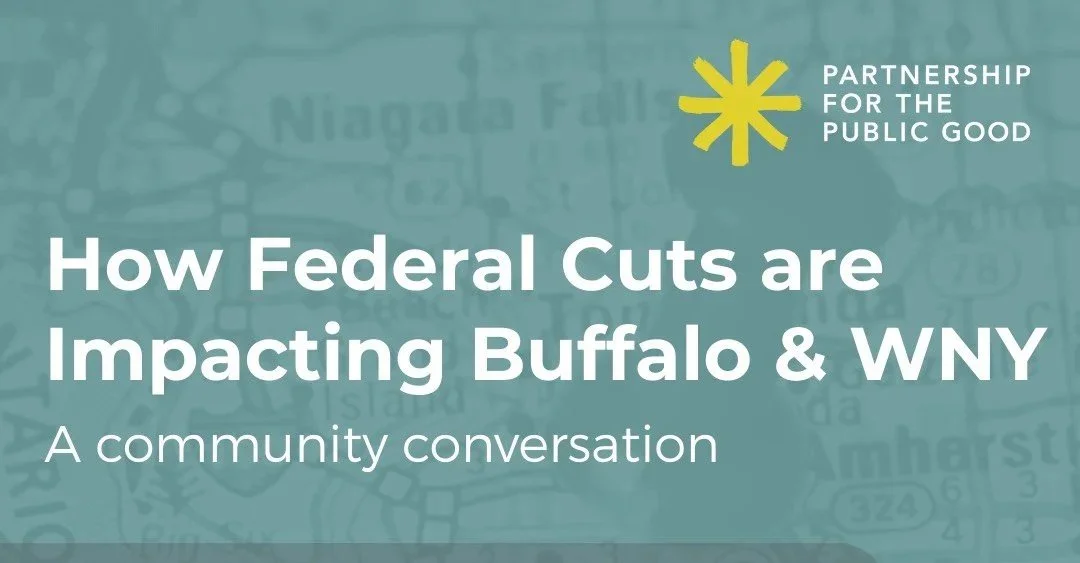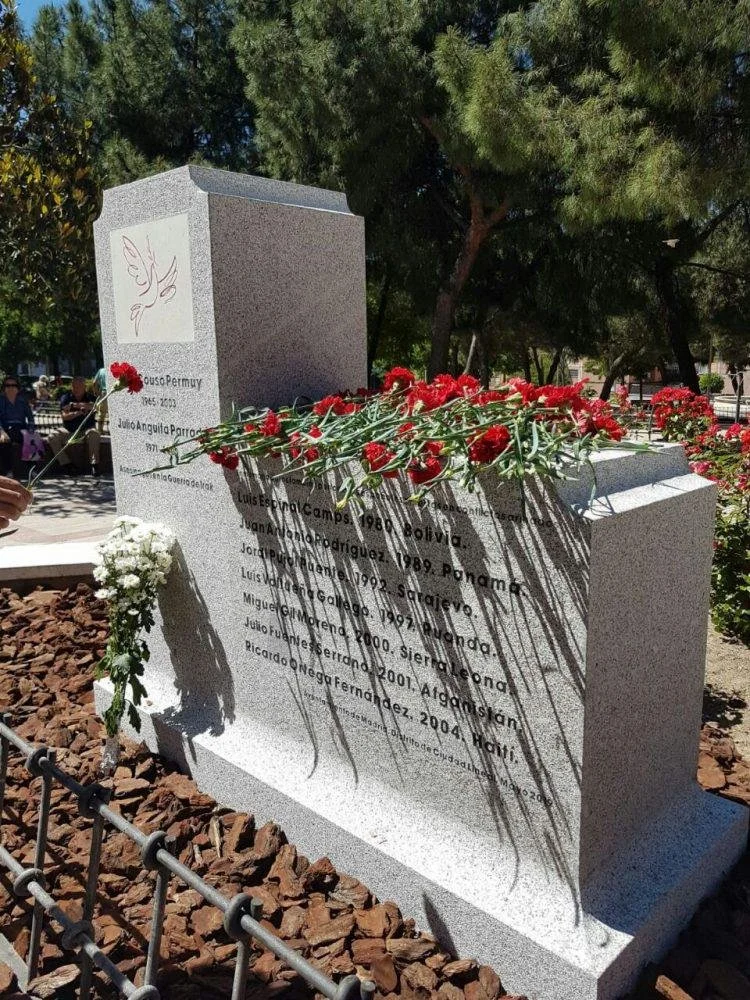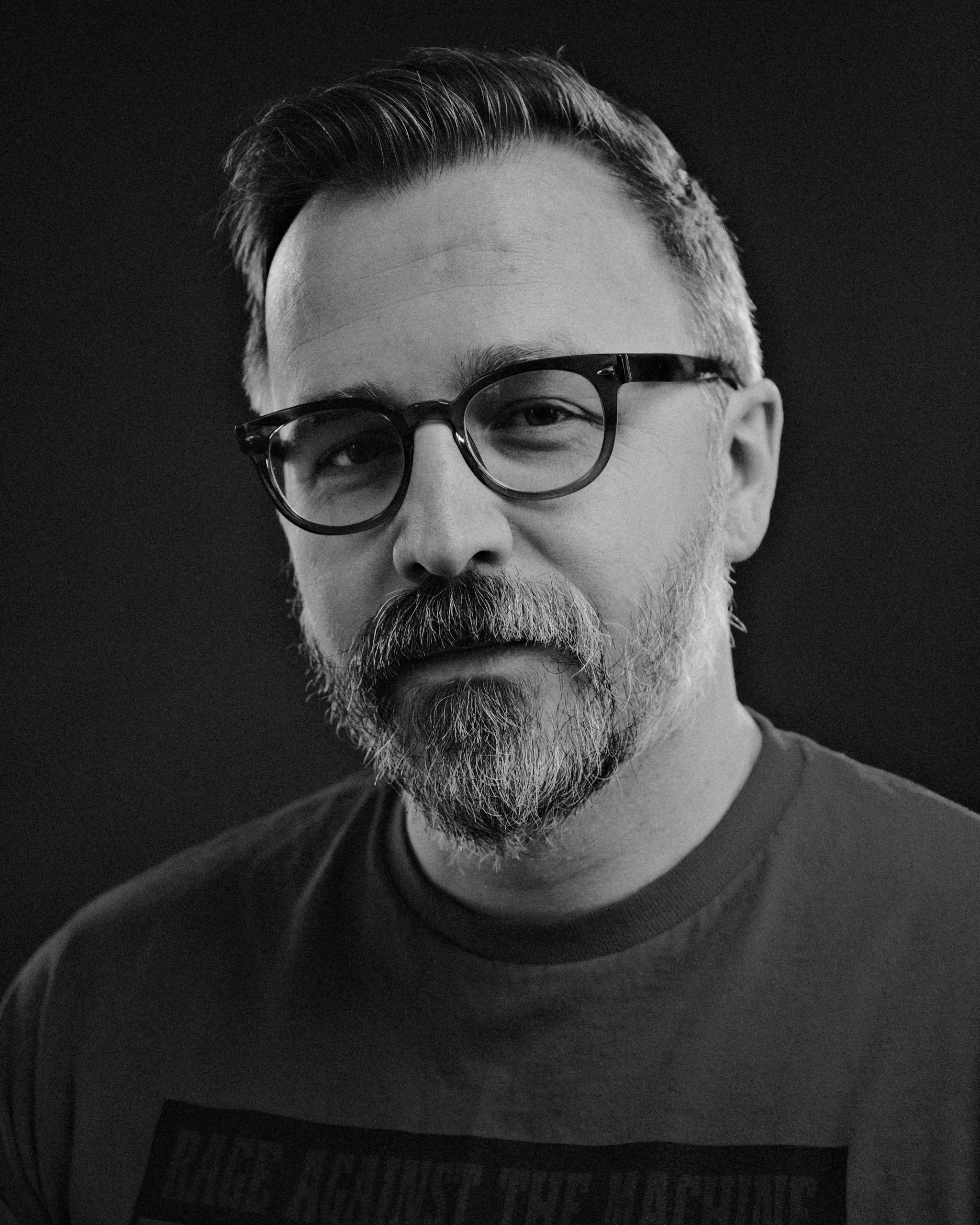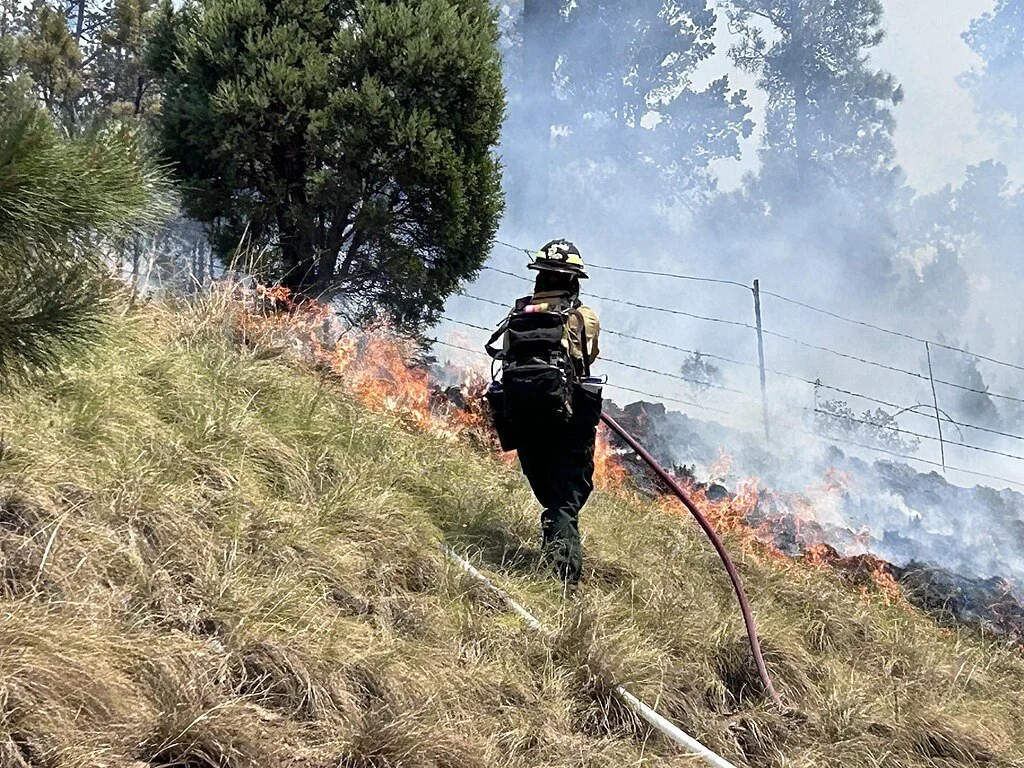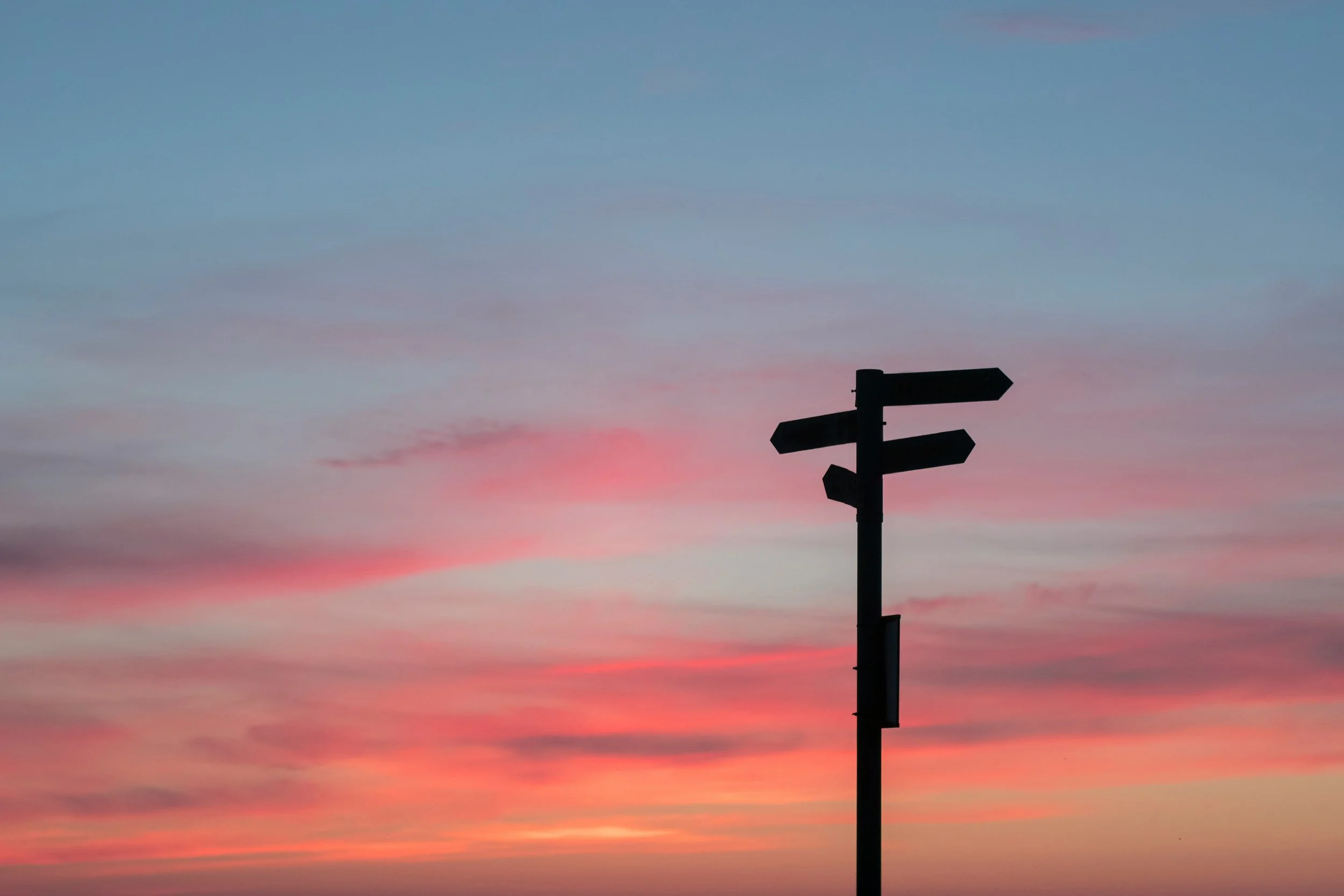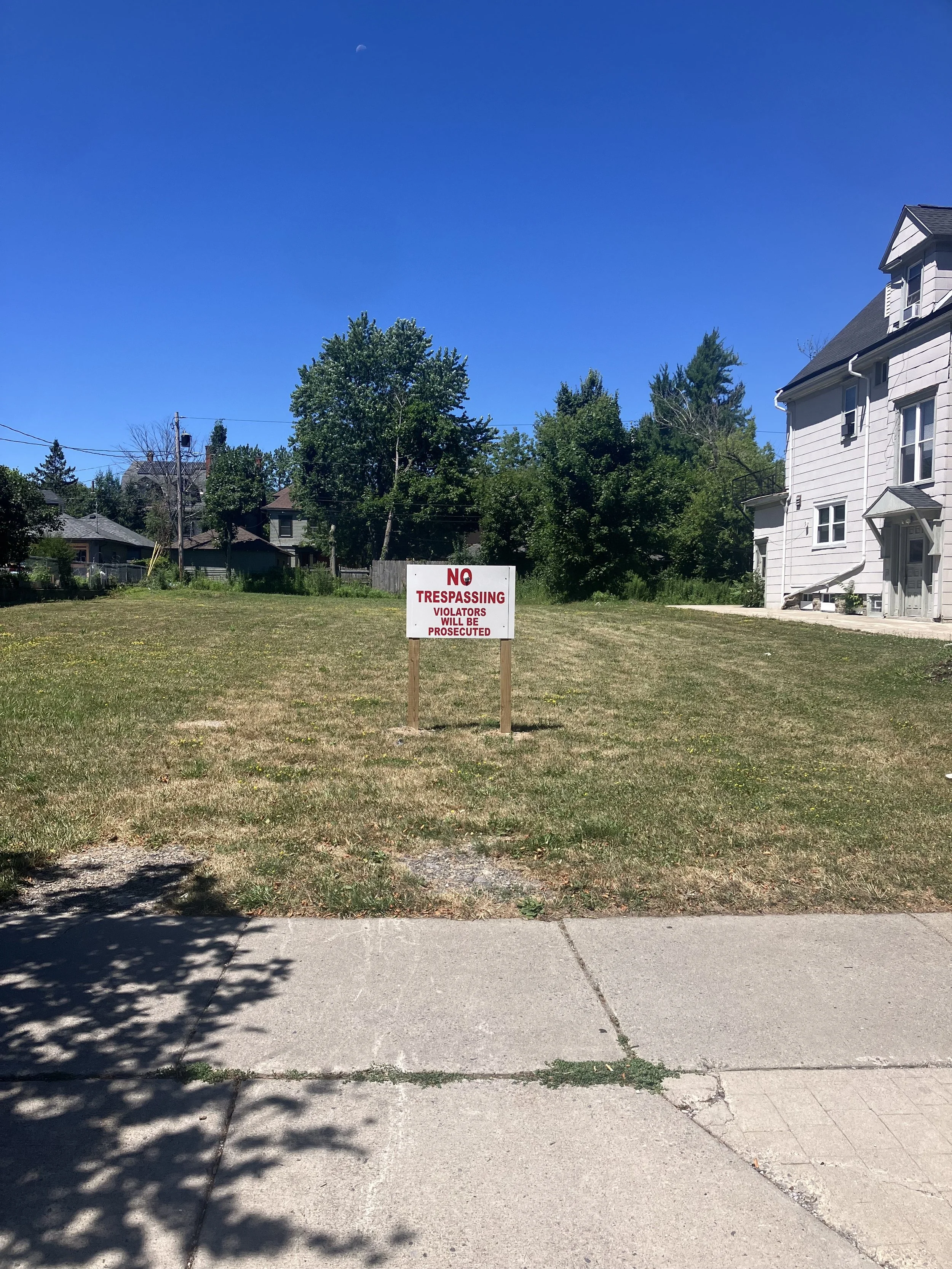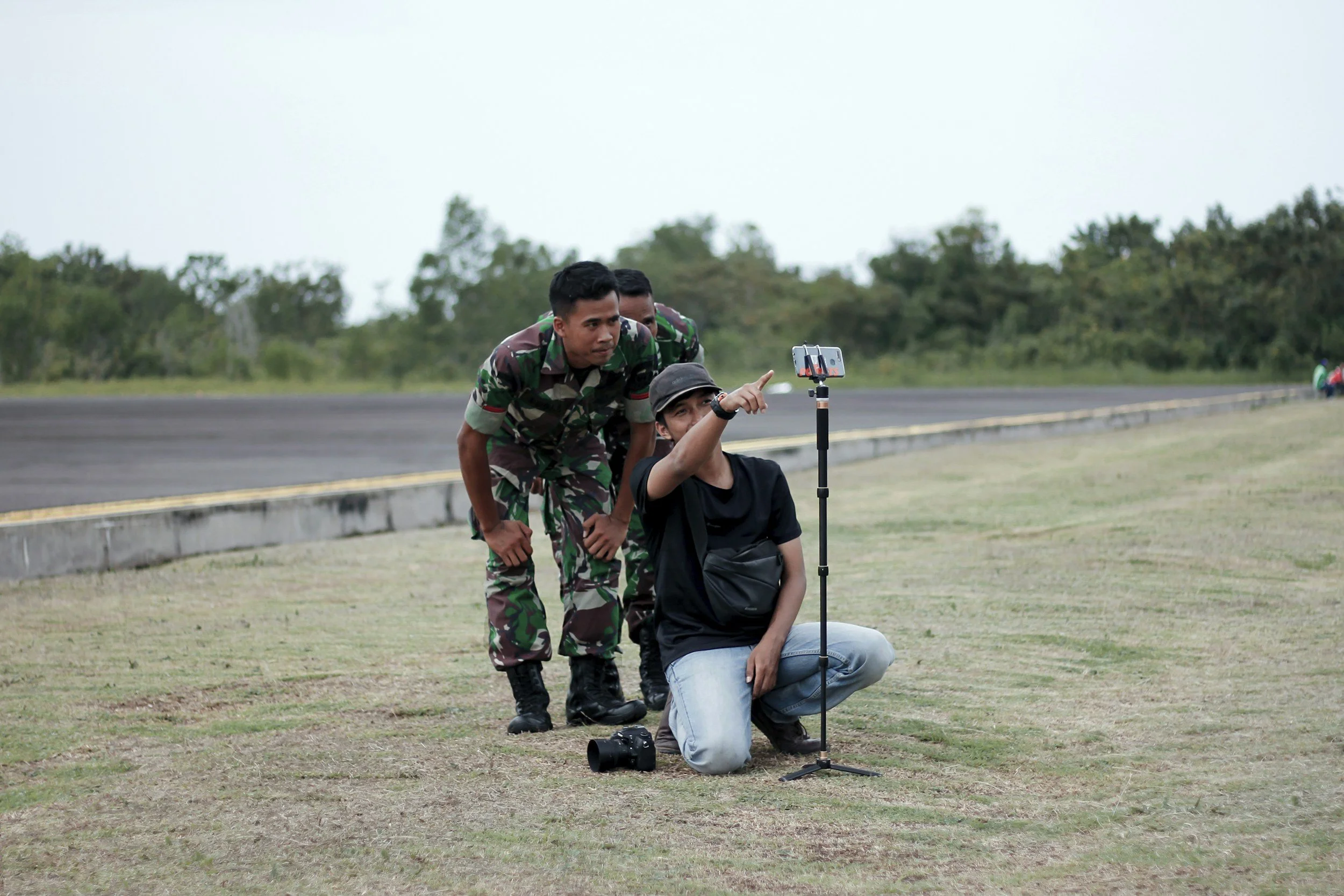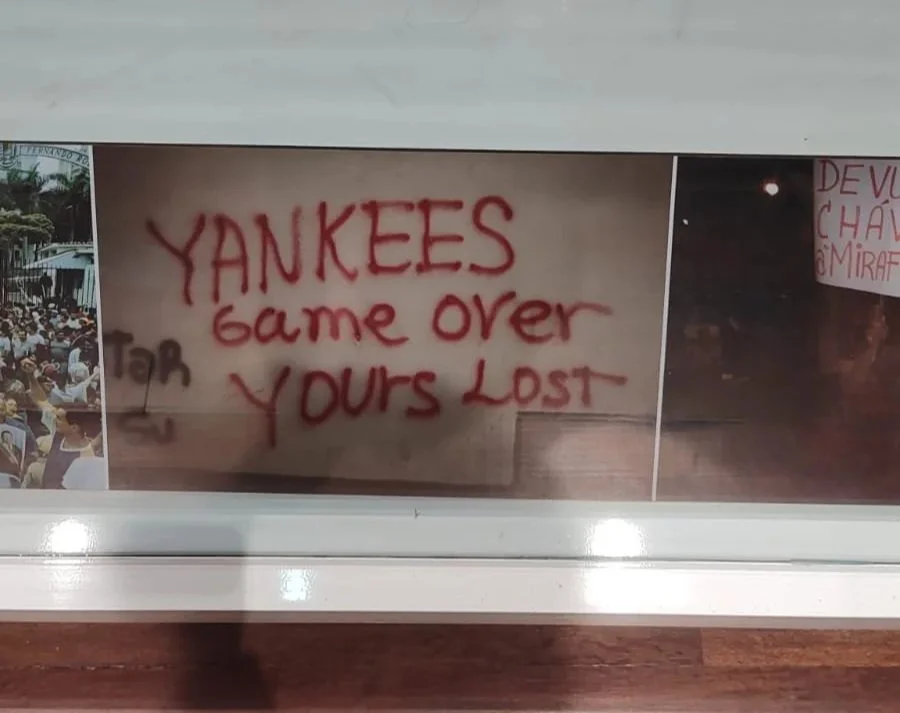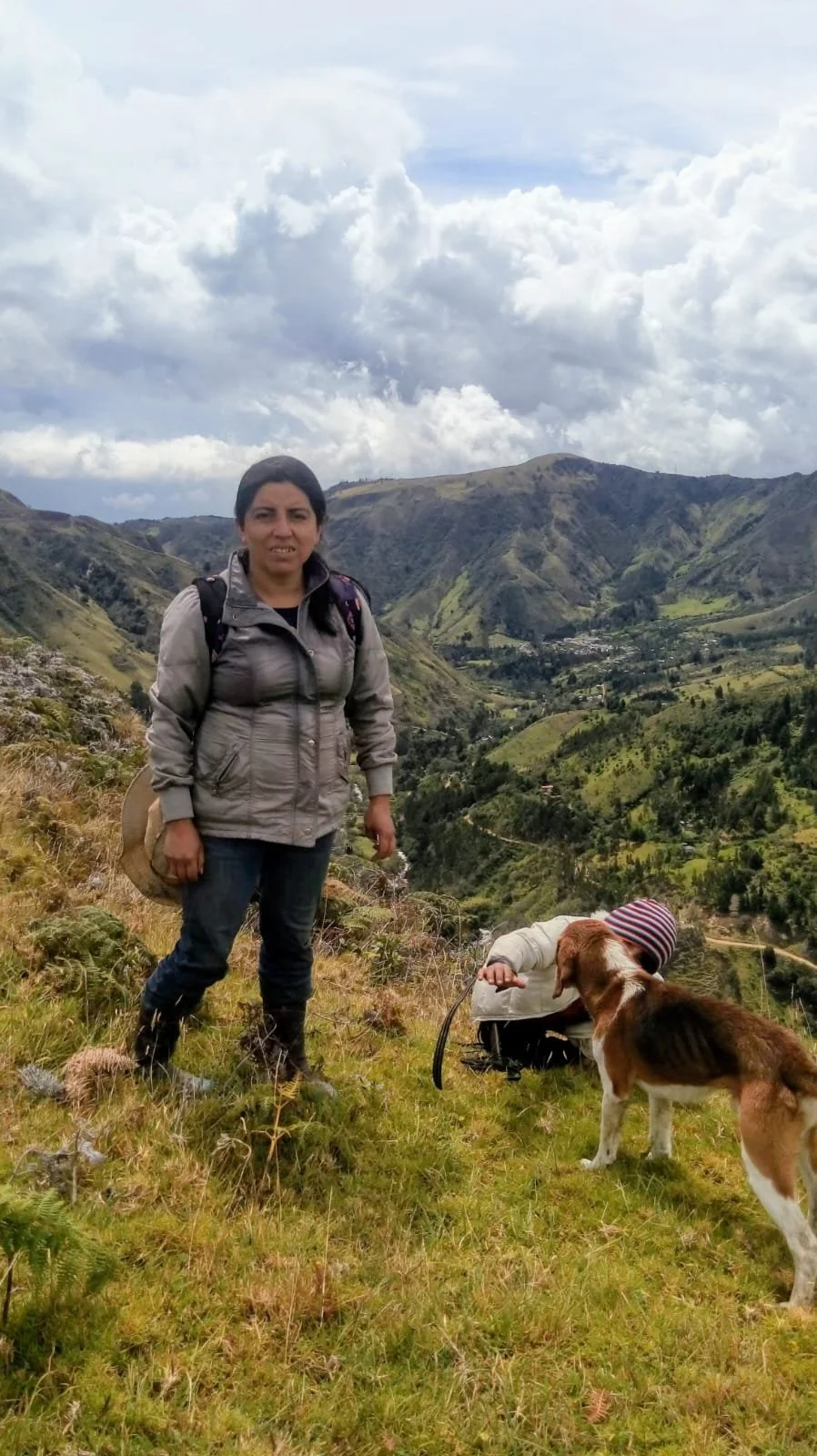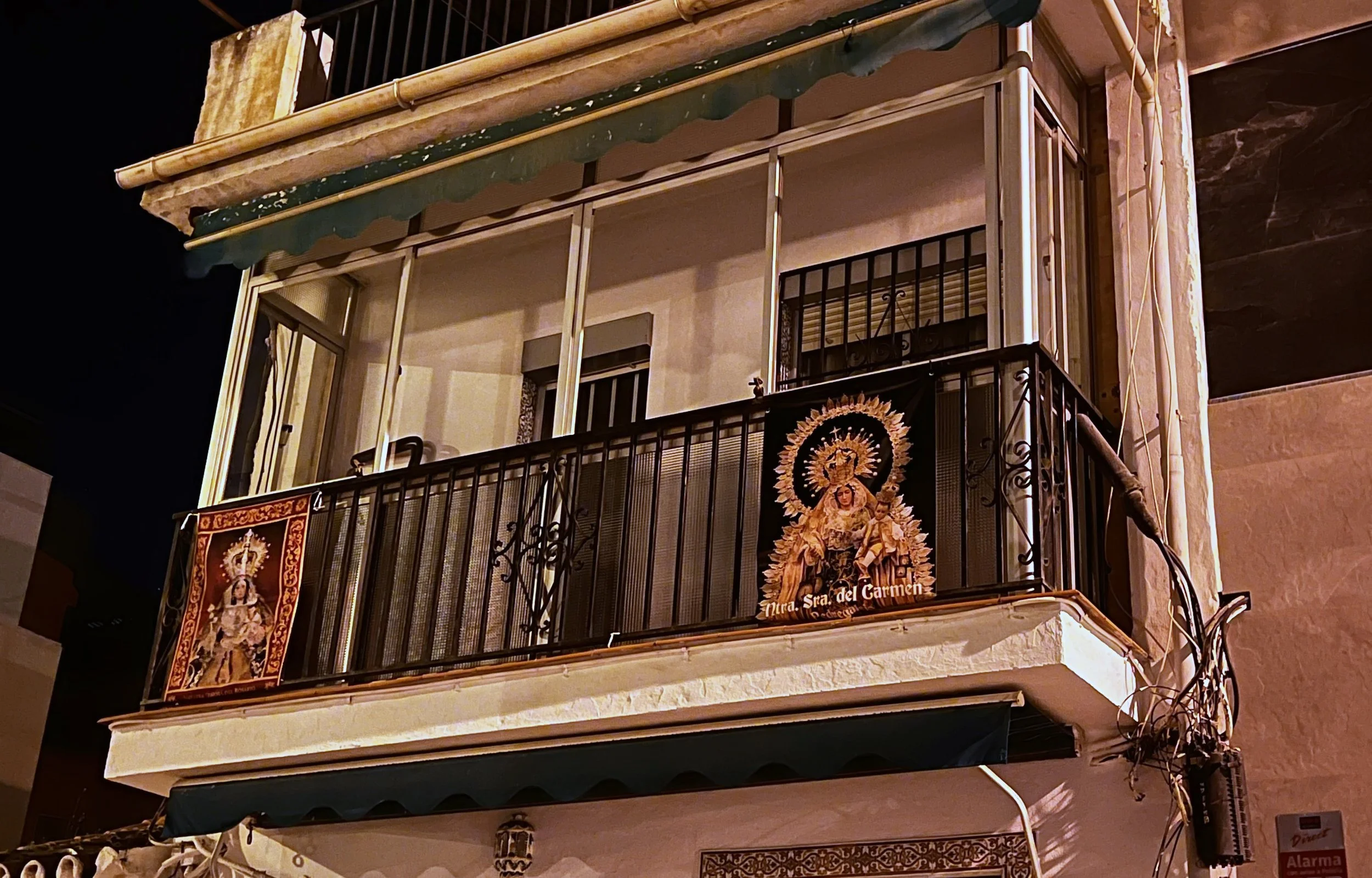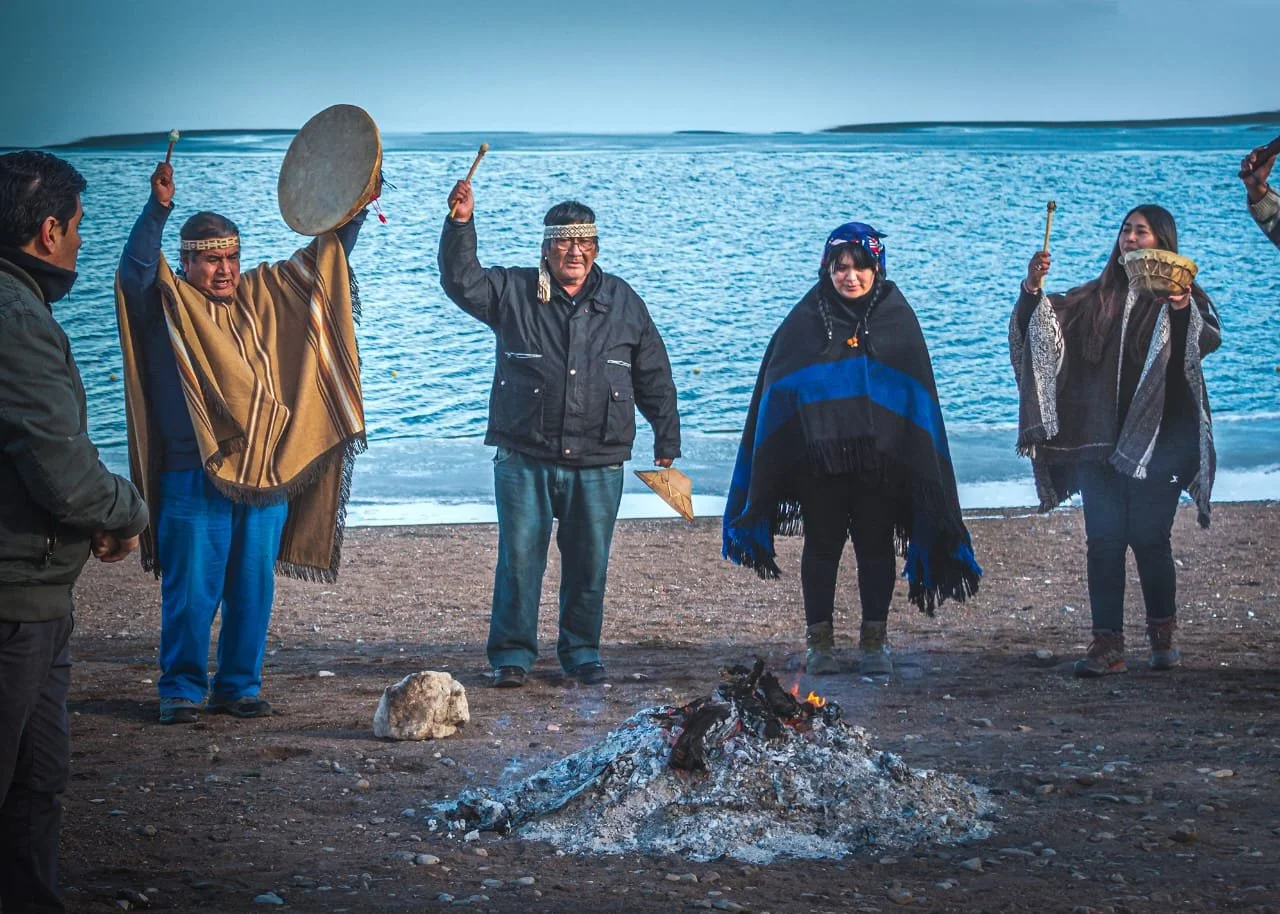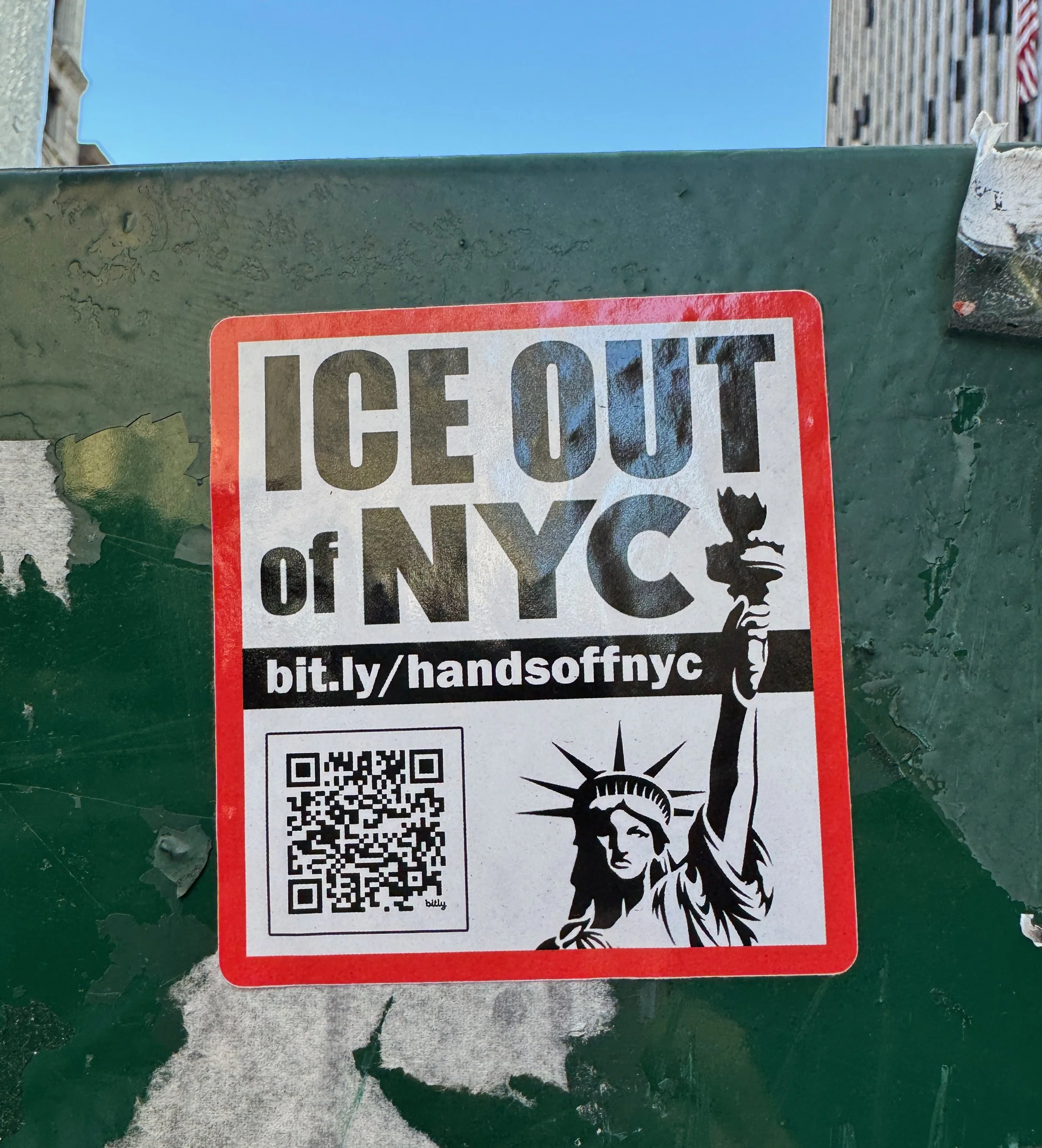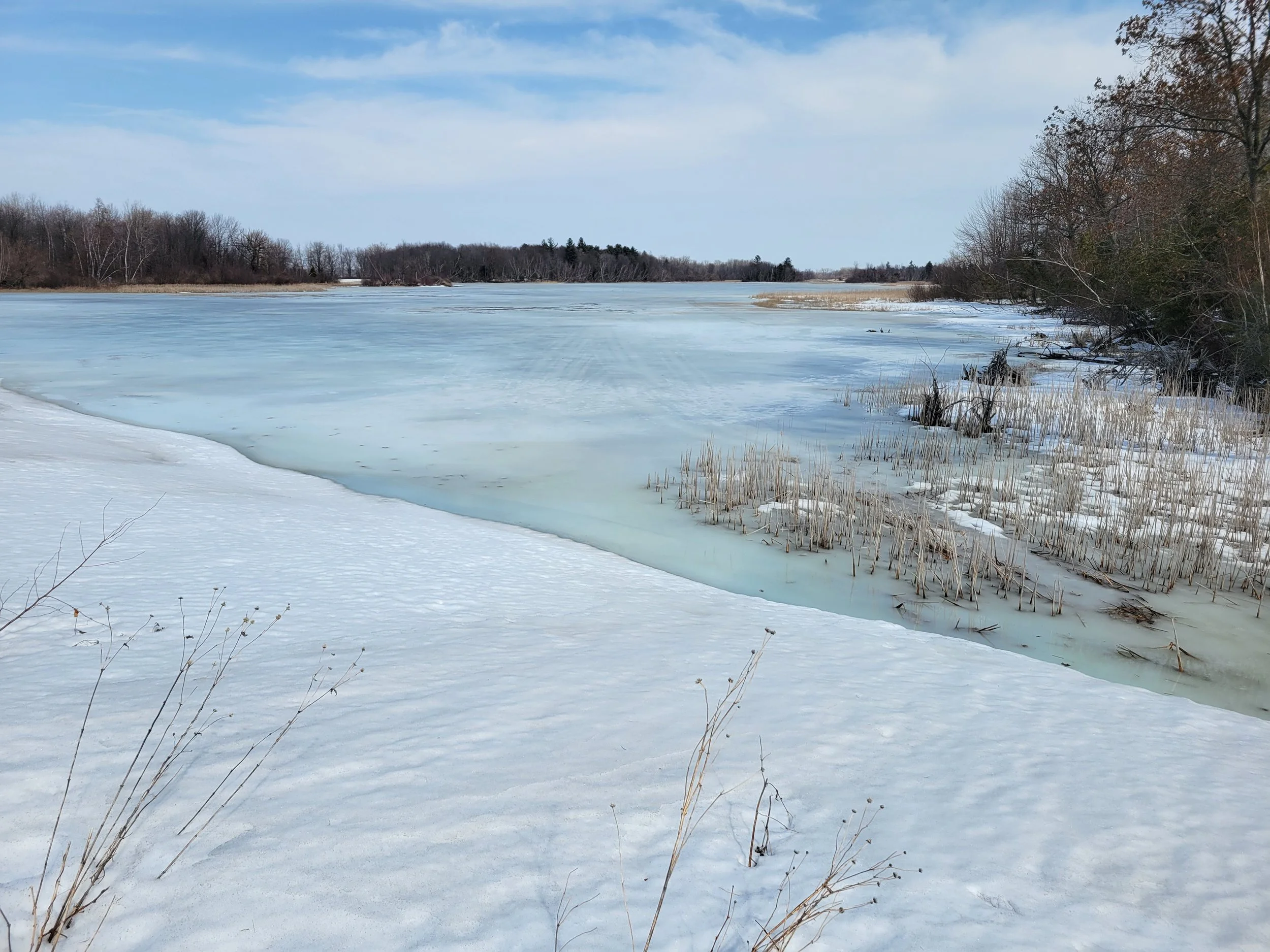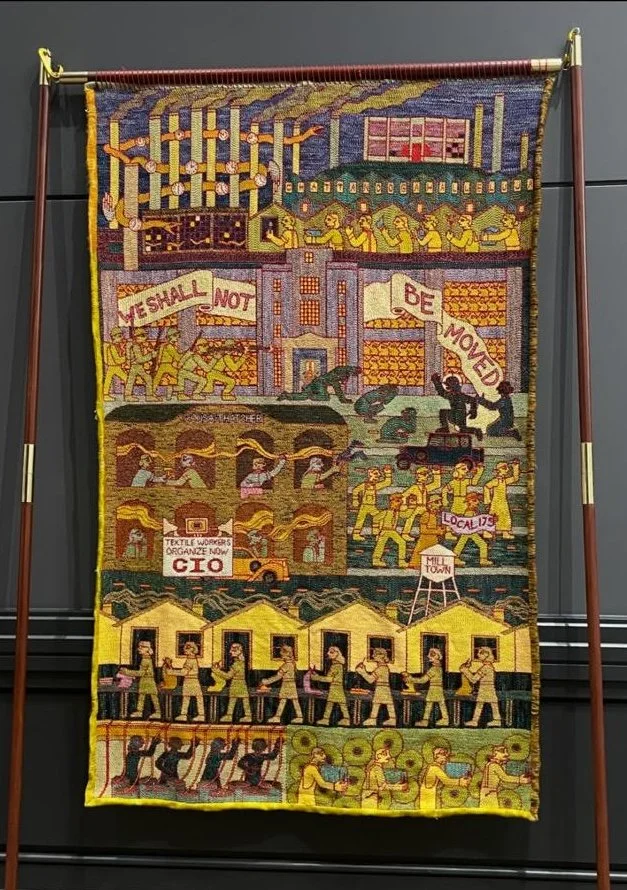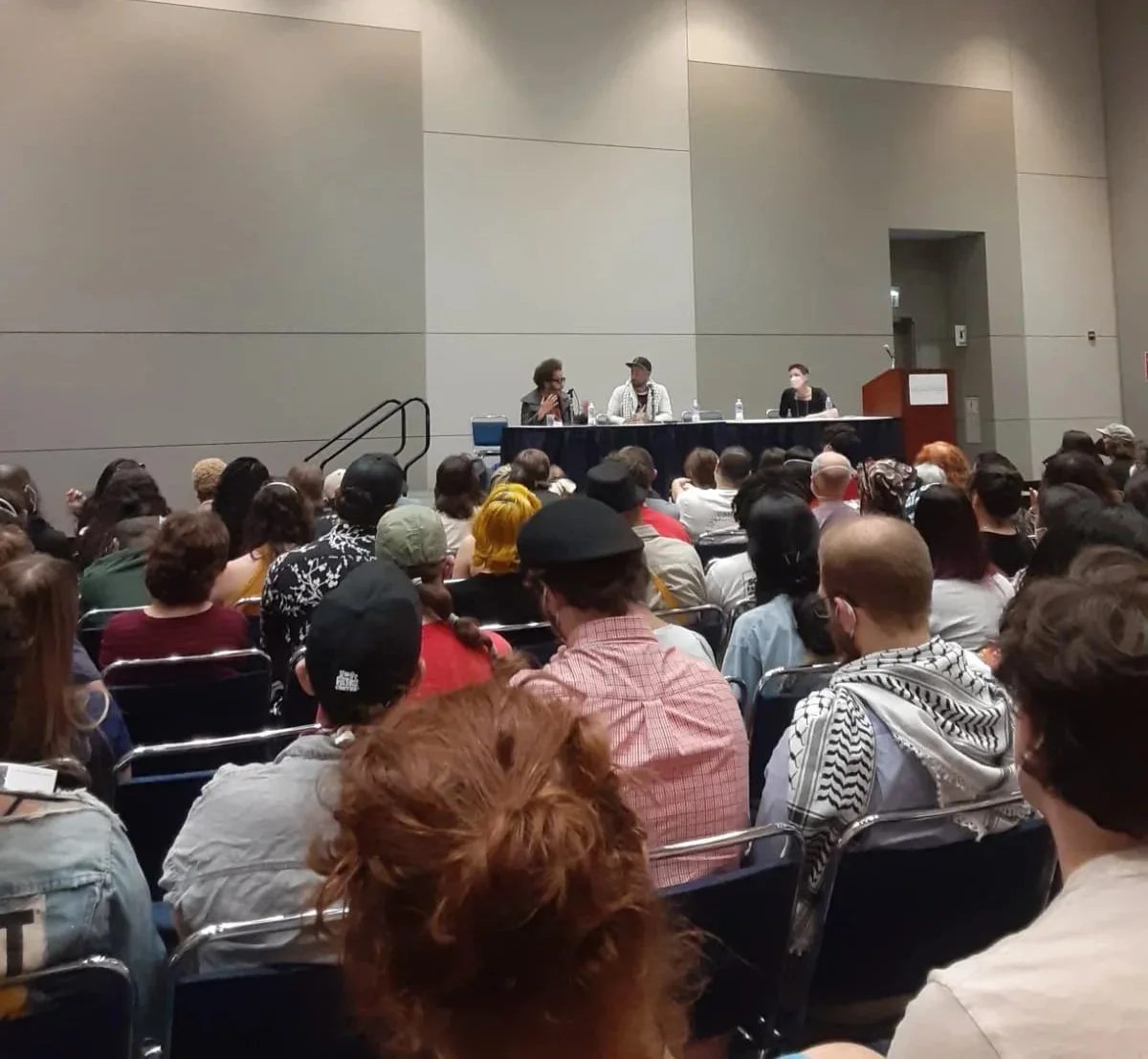
Stories
News
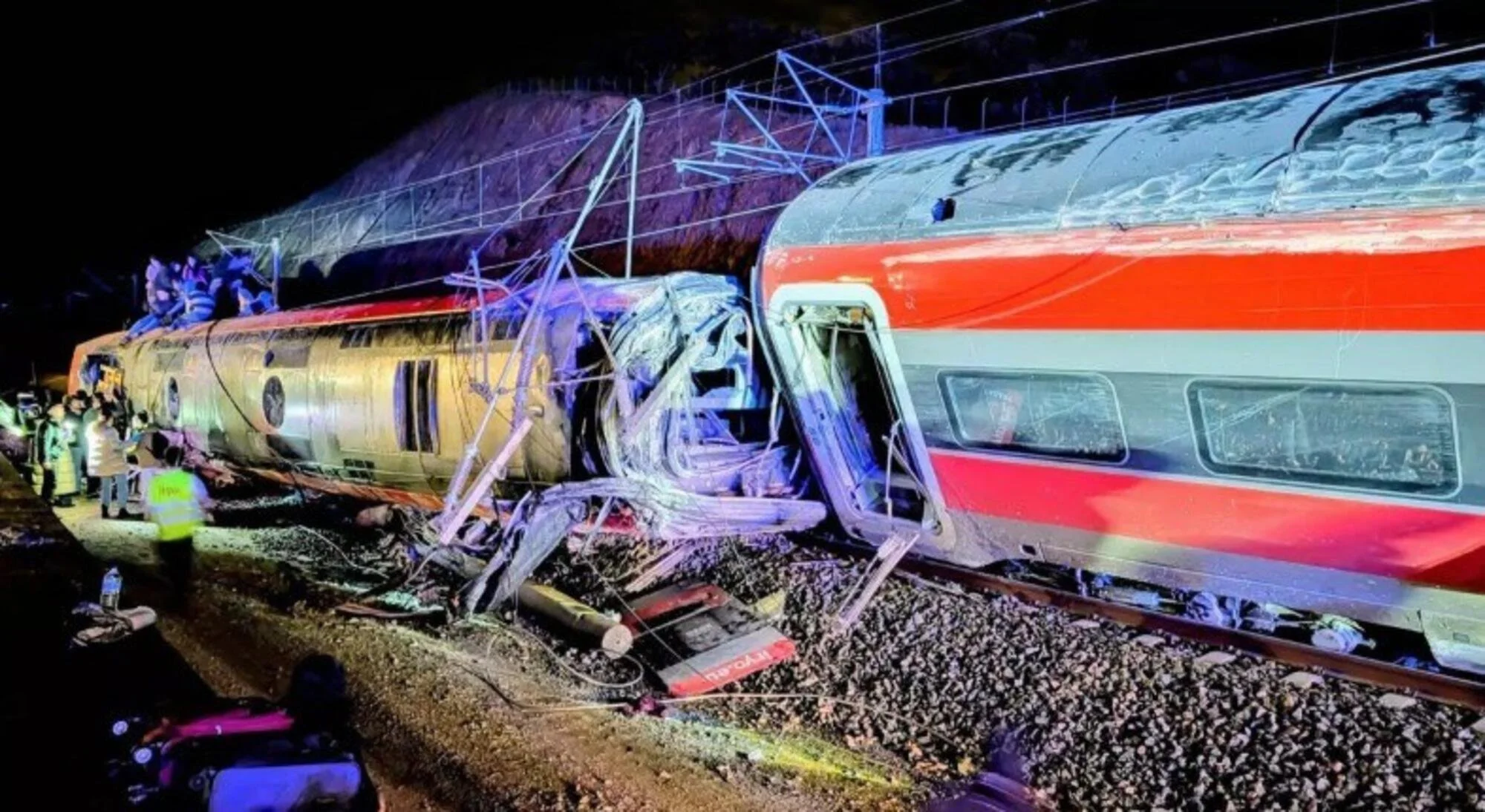
Analysis
Voices
Podcast
Announcements
Events

All Stories
The Invisible Refugees
Climate migration is at Europe's doorstep, and the continent is far from ready.
Immigrants for an Anti-Immigrant Germany? The Migrants Who Support the AfD
Germany’s political landscape is undergoing a significant transformation.
Activists Under Fire: The Rising Criminalization of Civil Movements Across Europe
On May 22, 2024, the air outside Berlin’s Humboldt University was thick with tension. Over a hundred people had peacefully gathered at Universitätsstraße in solidarity with a group of students. The students had occupied the nearby Institute for Social Sciences and renamed it Jabalia Institute after one of the largest refugee camps in Gaza—known as a historic stronghold of resistance. Their voices rose together in steady, rhythmic chants, demanding peace and justice for people facing genocide and violence in Palestine and Lebanon.
Ghassan Hage: Statement Regarding My Sacking from the Max Planck Institute of Social Anthropology
On Feb. 9, 2024, renowned anthropologist Dr. Ghassan Hage released a public statement on the decision of the Max Planck Institute to sever its relationship with him because of his public statements regarding Israeli violence against Palestinians. We are republishing this statement here with Dr. Hage’s permission.
NPR’s Celebration of German Public Memory: A Study in Colonial Amnesia
By acknowledging only the Jewish victims of the Holocaust, Martin and Smith’s conversation actually illustrates the failure of Germany to be “honest about its past harms.” For example, there is an urgent need to overcome the collective denial surrounding Germany’s history of colonization and genocide.
Bratwurst, Beer, But Not Queer: Homophobia at Oktoberfest
The post has caused a debate on German social media about discrimination against the LGBTQ+ community, especially as it was published in June, internationally known as LGBTQ+ Pride Month. One of Munich’s city council officials, Anja Berger, remarked disapprovingly that this attitude was “hostile towards the LGBT community, and therefore unacceptable.”
Freiburg's Dietenbach Decision: Considering the Anti-Build Argument
By Brendan Reilly
In the final installment of his three-part “Weaving the Streets” series, Brendan Reilly looks into the perspective of Freiburg, Germany residents who oppose the decision to turn agricultural land outside the city into a new district featuring affordable housing. Despite the eco-friendly design of the proposed district, those in the anti-build camp are concerned about the environmental consequences as well as the impact on the region’s agrarian culture.
Freiburg’s Dietenbach Decision: Exploring the Pro-Build Side
By Brendan Reilly
My seven months abroad have flown by–I can count the days on my fingers before I leave Freiburg, the mid-sized city in Southwest Germany. As I prepare to take my final exams and leave my Black Forest life, the farms to the northwest of town remain unscathed by the bulldozer’s touch. However, 2020 will see the start of construction for the new residential district of Dietenbach, planned to be built and ready for its first tenants by 2022. In my first blog post, I introduced this socio-ecological dilemma that has been taking place here: a debate between those seeking to preserve the nearby farmland and those in favor of construction to alleviate steep housing prices. In this post I explore the side of the issue in support of construction, examining what the positive aspects of a new city district are, and how Freiburg’s pro-Dietenbach residents present their argument.
Freiburg’s Dietenbach Decision: Building a Future or Bulldozing Values?
By Brendan Reilly
Activists around the world often find themselves advocating for initiatives and policies that will make their communities more livable and sustainable. But what happens when different progressive values animating such work come into conflict with each other? In the first installment of a three-part series for our Weaving the Streets series, Brendan Reilly reports from Freiburg, Germany on a local debate that pits affordable housing against the desire for “green living.”


